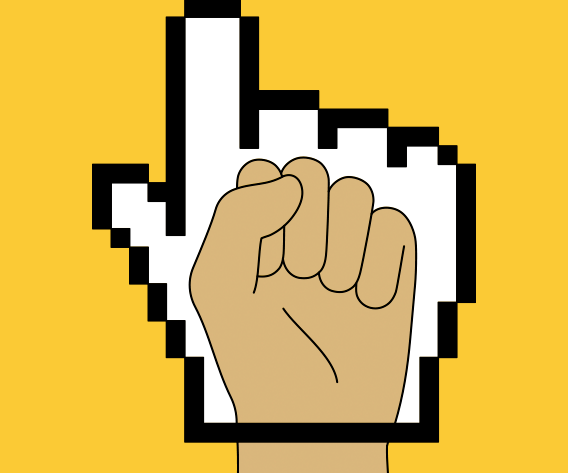Dossier's contents

Cities can adopt practices that will engage residents in communities of practice, building on making, doing, and sharing together as a base of identity that can provide real sense of...

Cities and citizens, not companies, ought to own the data produced in cities and should be able to use said data to improve public services and put their policies into action. Data...

The infrastructure of the city offers major new opportunities for profit and power which makes them highly desirable for private platforms like Google, Uber and Baidu. The end result of...

The platform economy generates considerable challenges and opportunities. It’s necessary to to distinguish truly collaborative platforms, which must be promoted and protected, from the...

Urban environments are characterised by the opportunities they offer to think of a political culture where shared knowledge assets can be managed jointly by different sized groups with...

In most cities there are hardly any spaces left for public cohabitation: by neglecting parks and common areas, by closing cultural spaces, by cutting budgets for extracurricular...

The adjective 'smart' is very much in vogue. It represents the idea that cities can be more intelligent and efficient thanks to technology, and the data that they and their inhabitants...

Information and communications technologies are a strategic sector in a city’s economy, not just because of the volume of investment and jobs they generate, but also because of...
The newsletter
Subscribe to our newsletter to keep up to date with Barcelona Metròpolis' new developments



